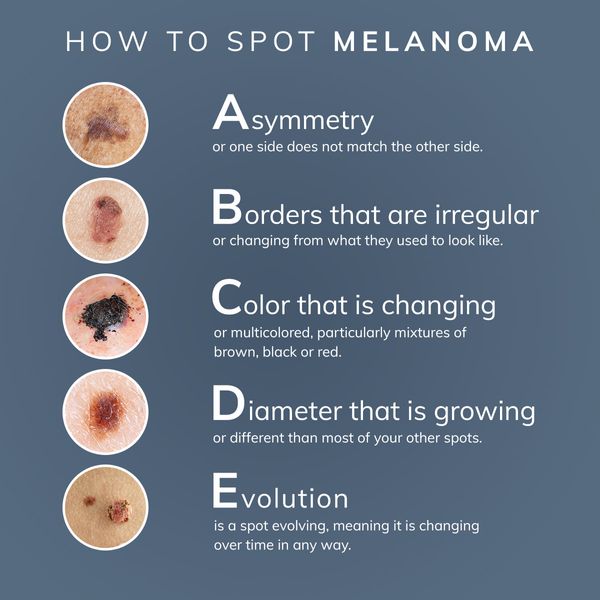
What can you do to prevent stroke?
Age makes us more susceptible to having a stroke, as does having a mother, father, or other close relative who has had a stroke.
High blood pressure is a huge factor, doubling or even quadrupling your stroke risk if it is not controlled. High blood pressure is the biggest contributor to the risk of stroke in both men and women. Monitoring blood pressure and, if it is elevated, treating it, is probably the biggest difference people can make to their vascular health.
Obesity, as well as the complications linked to it (including high blood pressure and diabetes), raises your odds of having a stroke. If you're overweight, losing as little as 10 pounds can have a real impact on your stroke risk.
Smoking accelerates clot formation in a couple of different ways. It thickens your blood, and it increases the amount of plaque buildup in the arteries. Along with a healthy diet and regular exercise, smoking cessation is one of the most powerful lifestyle changes that will help you reduce your stroke risk significantly. (Source: HealthHarvard.edu)
For more information about the signs and prevention of a stroke, visit www.stroke.org.
Vyto's Pharmacy is your local source for vitamins, supplements and prescription medicines that aid in keeping your heart and brain healthy.
Hepatitis Explained
The liver is the largest organ in the body, so any injury or damage to it can be dangerous. And hepatitis is an inflammation of the liver. more
Health Benefits of Donating Blood
Donating blood is a charitable thing to do, but it might also help you out when it comes to your health. more
Children's Dental Health
When do you take your baby to the dentist? When do you start brushing your baby's teeth? What toothpaste should you use? more
Treatment of Gastroesophageal Reflux Disease
Treating gastroesophageal reflux disease (GERD) is very important, because there could be serious complications if left untreated. more
How to Reduce Your Sugar Intake
There's nothing sweet about the health effects of having too much sugar in your diet. Fortunately, you can take steps to reduce your sugar intake. more
The Risks of Homemade Infant Formula
Thinking of making formula for your infant at home? The US Food and Drug Administration (FDA) says you should think again. more
What Causes Colorectal Cancer?
Several non-genetic factors may increase your risk for colorectal cancer. more
Are You Healthy Enough to Fly?
If you are not fit to fly, don’t—the stresses of flying can lead to a host of medical problems. more
All About Acid Reflux
If you're among the 1 in 5 people in the United States who have acid reflux disease, read on for everything you need to know about this condition. more
Reducing Women's Cancer Risk
Everyday choices can play a significant role in your risk of cancer, regardless of your gender. Here are some specific steps women can take to reduce their cancer risk. more










